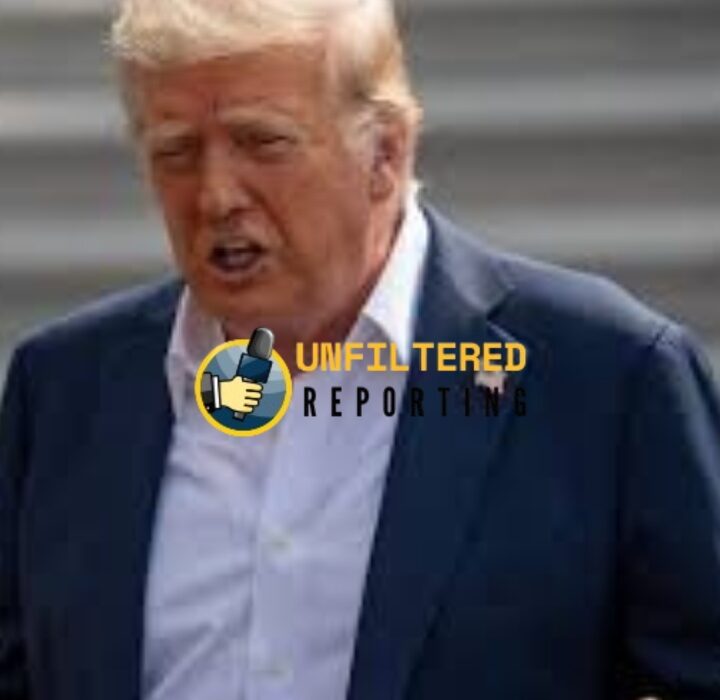Trump Slams 30% Tariff on EU, Mexico Imports, Gives August 1 Deadline for Renegotiation

U.S. President Donald Trump has imposed a 30% tariff on imports from the European Union and Mexico, with an ultimatum for renegotiated trade agreements by August 1 to avoid these new duties.
This tariff imposition, communicated through letters to EU Commission President Ursula von der Leyen and Mexican President Claudia Sheinbaum on Trump’s Truth Social platform, signifies a revival of the stringent trade policies that characterized his earlier administration and underscores his renewed emphasis on assertive economic nationalism.
Both the EU and Mexico promptly denounced the tariffs as inequitable and economically destabilizing but expressed a willingness to engage in negotiations before the deadline. The European Union and Mexico are among America’s principal trading partners.
Trump’s correspondence, part of a broader initiative dispatched to 23 trade partners, including Canada, Japan, and Brazil, detailed tariff rates ranging from 20% to 50%, with a notable 50% duty on copper. The newly announced 30% tariff, he stated, would be “distinct from all sectoral tariffs,” which already encompass existing duties of 50% on steel and aluminum, and 25% on automobile imports.
In his message to von der Leyen, Trump proposed that the European Union could avert the new tariffs by permitting “complete, open Market Access to the United States, with no Tariff being charged to us,” suggesting that a zero-tariff agreement might be the cost of avoiding these new sanctions.
The EU cautioned that the proposed tariffs could severely impair transatlantic supply chains. “They would disrupt essential transatlantic supply chains, to the detriment of businesses, consumers, and patients on both sides of the Atlantic,” von der Leyen stated, adding that the bloc is prepared to implement “proportionate countermeasures if required.”
Mexico’s economy ministry, in response to the announcement, labeled the tariff as “unfair treatment” and noted that it had expressed its opposition during a recent bilateral meeting with U.S. officials.
Trump, however, contended that Mexico had not sufficiently addressed drug trafficking issues, claiming, “Mexico still has not stopped the Cartels who are trying to turn all of North America into a Narco-Trafficking Playground.”
While Mexico faces a 30% tariff, Canada has been subjected to a higher 35% rate, despite data on fentanyl seizures indicating larger volumes trafficked through Mexico.
This extensive tariff strategy has already generated over $100 billion in customs duties revenue for the U.S. Treasury this fiscal year, according to recent data released.
However, it has also unsettled traditional alliances. Japanese Prime Minister Shigeru Ishiba has recently hinted at reducing his country’s reliance on U.S. security assurances, while Canada and some European nations are reevaluating their defense procurement strategies, exploring non-U.S. alternatives.
Initially, the EU sought a comprehensive trade agreement with Washington, but internal disagreements—especially between Germany and France—have hindered progress. Germany advocates for a swift agreement to protect its exports, while France warns against acquiescing to a U.S.-dominated accord.









